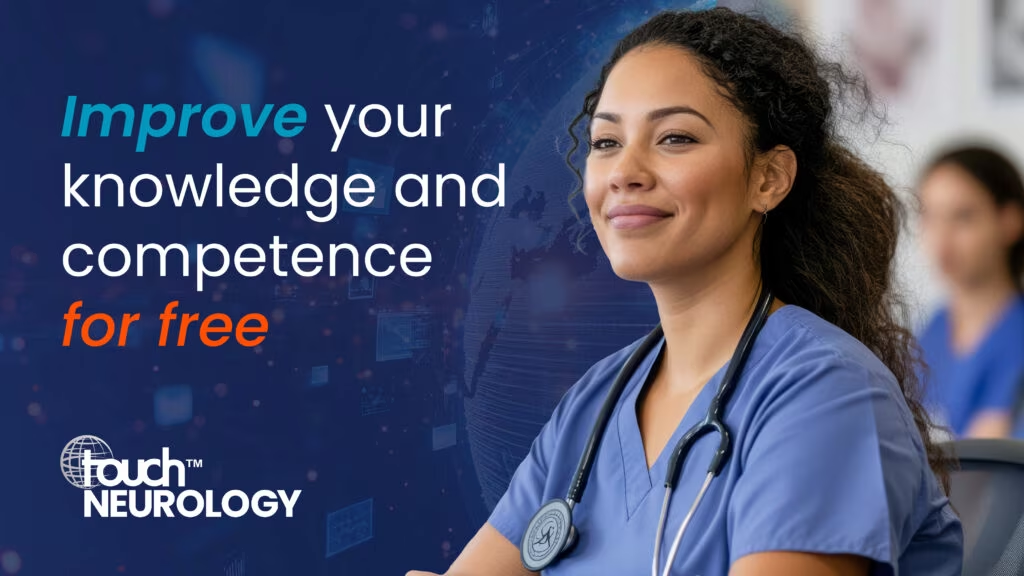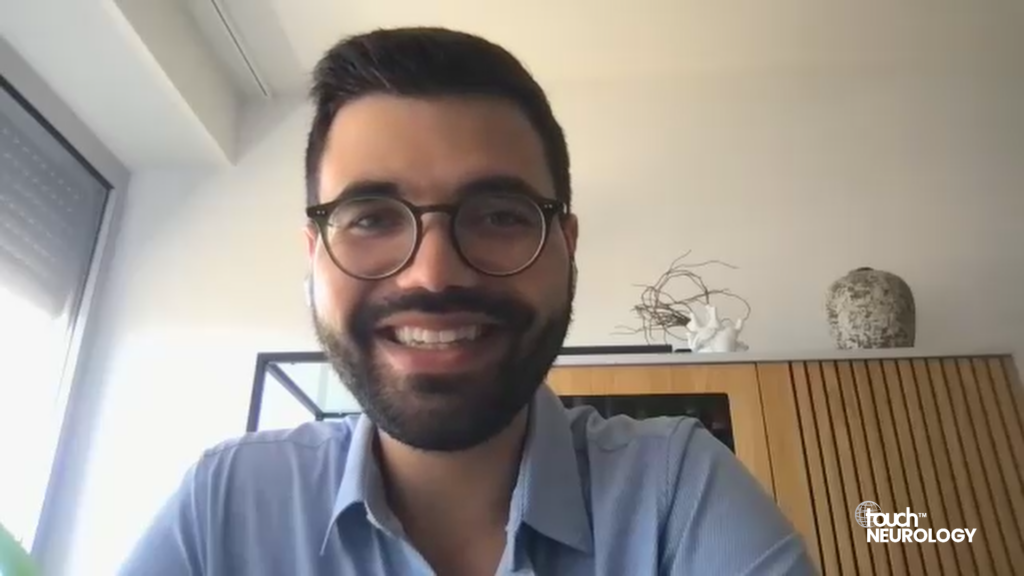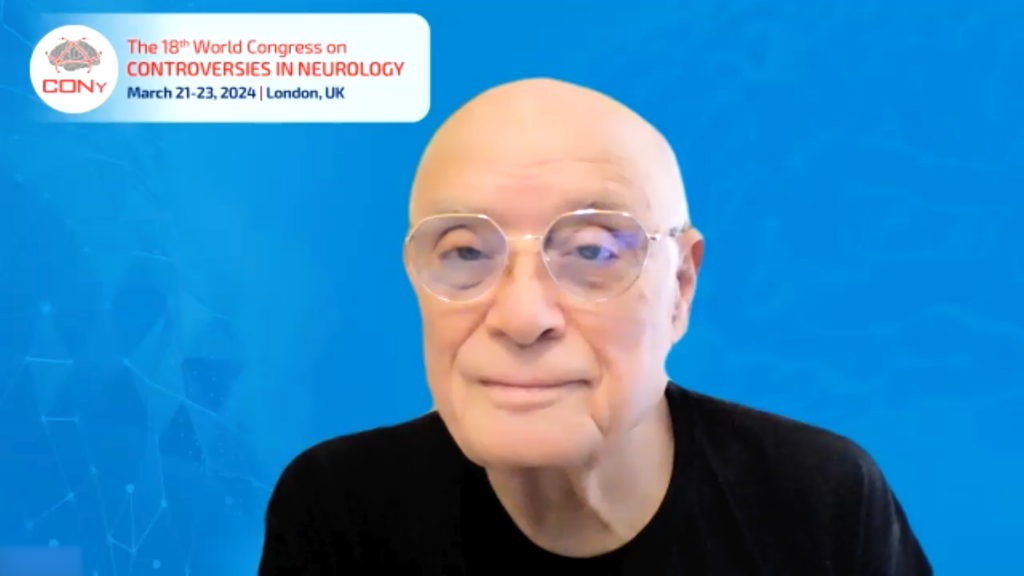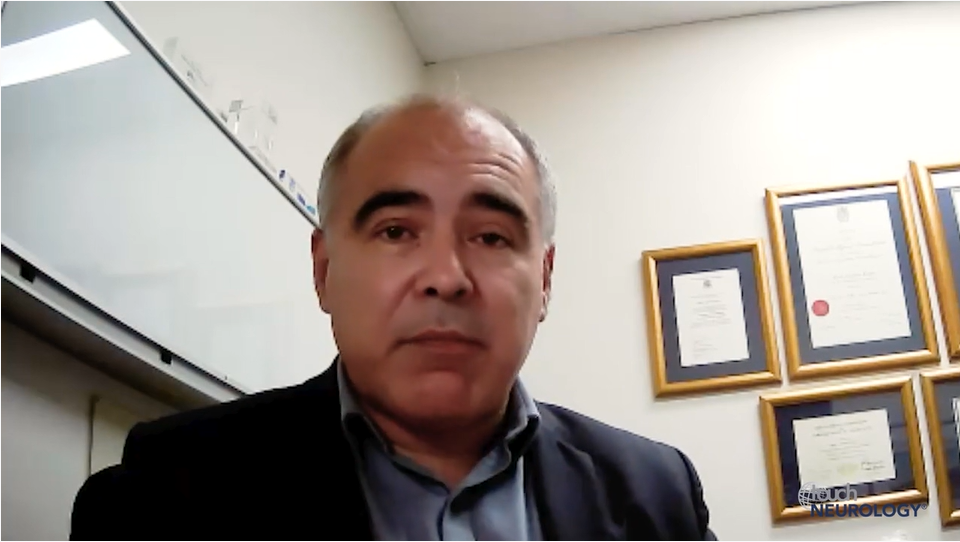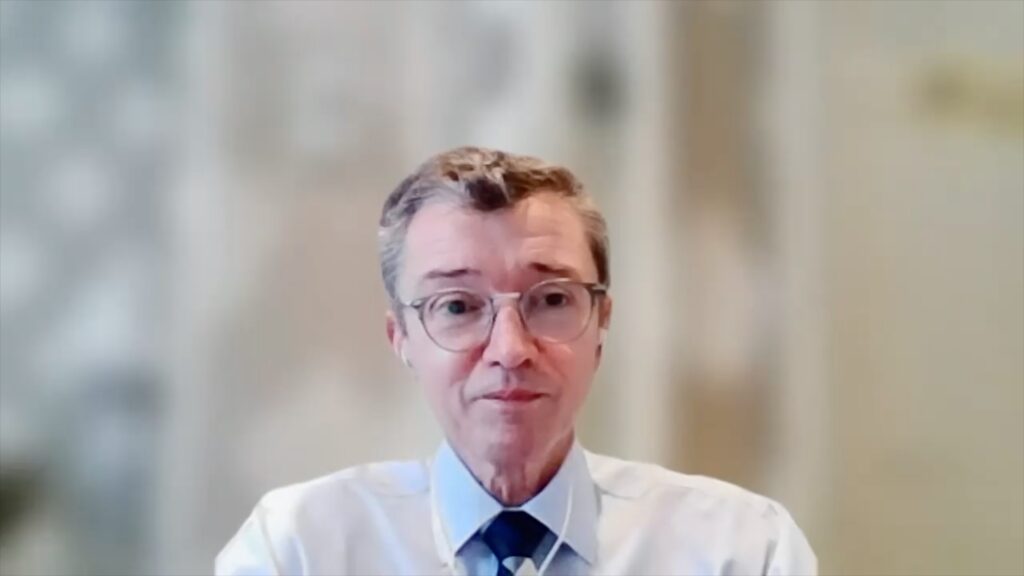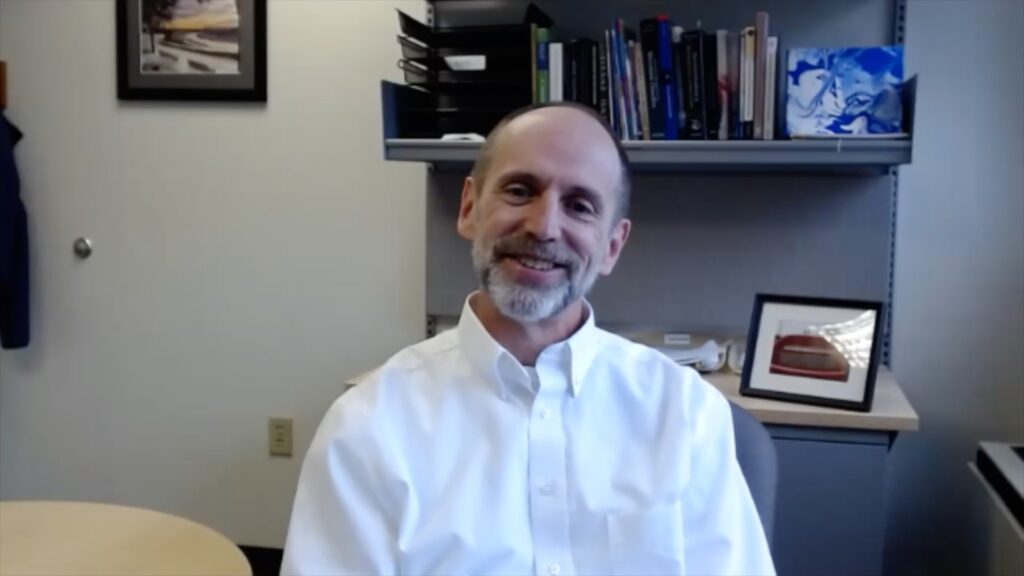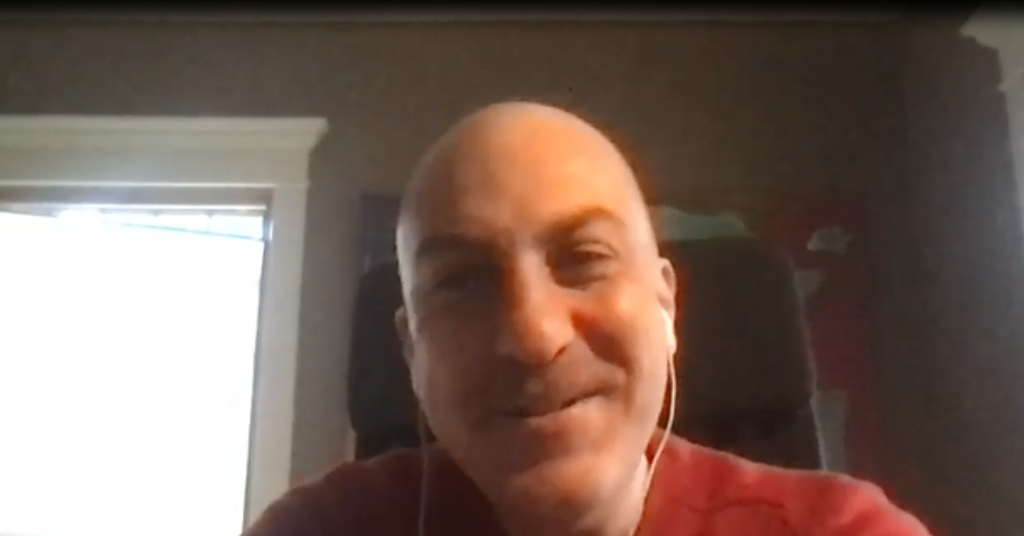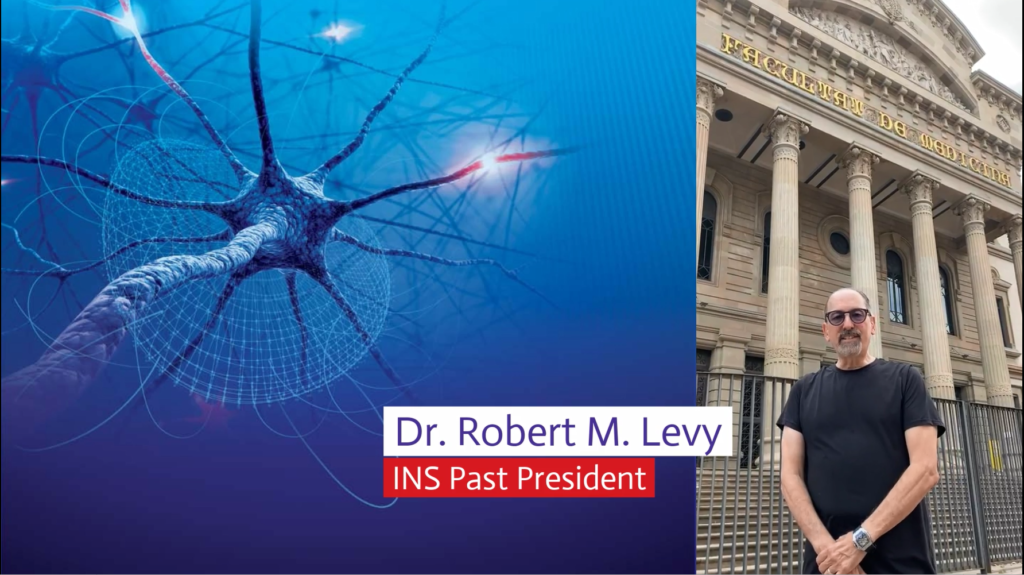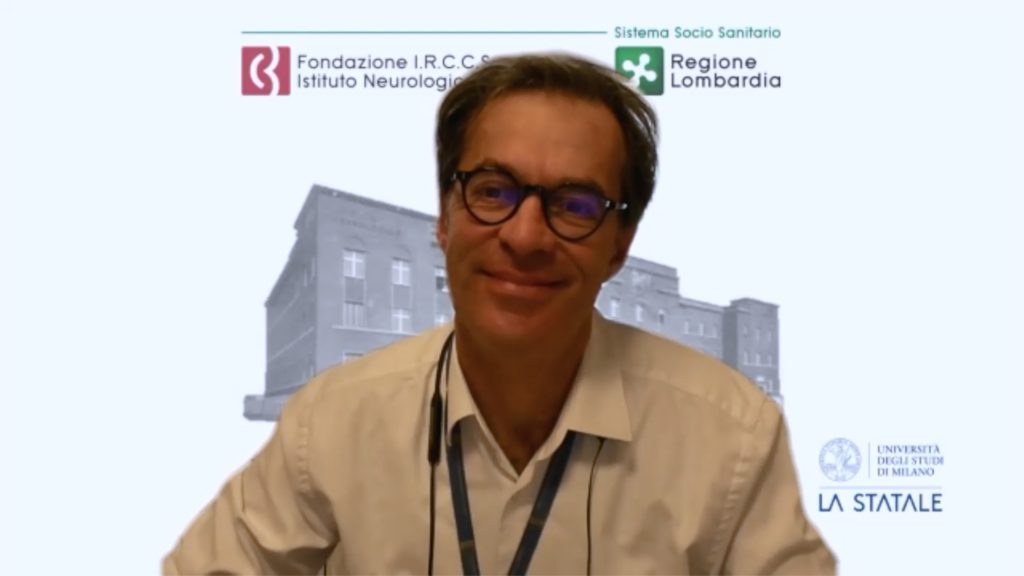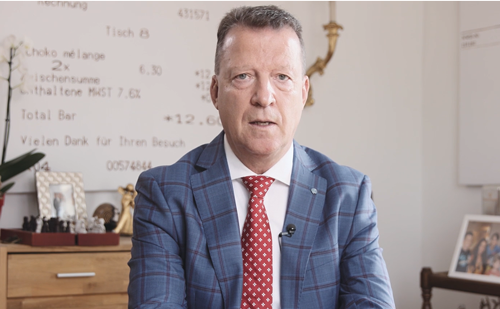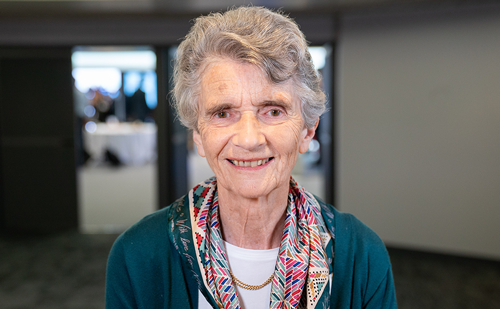 New 48-week data from the ongoing Phase 3 KINECT 4 study evaluating valbenazine for the treatment of tardive dyskinesia (TD) have been presented at the 2025 Psychiatry Update Conference in Chicago. The finding showed the majority of participants reached a defined threshold for remission of TD regardless of underlying psychiatric disorder.
New 48-week data from the ongoing Phase 3 KINECT 4 study evaluating valbenazine for the treatment of tardive dyskinesia (TD) have been presented at the 2025 Psychiatry Update Conference in Chicago. The finding showed the majority of participants reached a defined threshold for remission of TD regardless of underlying psychiatric disorder.
Tardive dyskinesia (TD) is a movement disorder linked to antipsychotic use that most commonly impacts the lower face and jaw muscles, but it can also interfere with walking, breathing and the movement of the hands and limbs.1 The symptoms of TD can be severe and are often persistent and irreversible.
The open-label study enrolled 163 participants with underlying conditions such as schizophrenia, schizoaffective disorder or mood disorders. Patients received daily doses of valbenazine, either 40 mg or 80 mg, over a 48-week treatment period followed by a four-week washout phase.
A majority of participants who received 48 weeks of once-daily valbenazine achieved remission of tardive dyskinesia, regardless of dose or underlying psychiatric diagnosis. Overall, 59.2% of those who completed the study reached remission, with similar rates seen in both the 40 mg (58.6%) and 80 mg (59.5%) dose groups. Participants who achieved remission showed substantial reductions in AIMS total scores—from baseline averages of 12.4 (40 mg) and 15.1 (80 mg) to 2.1 and 2.5, respectively, by Week 48. Remission was also consistent across psychiatric conditions, including 57.7% in those with schizophrenia or schizoaffective disorder and 62.5% in those with mood disorders.
These findings further support valbenazine as an effective, long-term treatment option for managing tardive dyskinesia symptoms and improving patient quality of life.
References:
- Takeuchi H, Mori Y, Tsutsumi Y. Pathophysiology, prognosis and treatment of tardive dyskinesia. Ther Adv Psychopharmacol. 2022;12:20451253221117313.
Disclosures: This article was created by the touchNEUROLOGY team utilizing AI as an editorial tool (ChatGPT (GPT-4o) [Large language model]. https://chat.openai.com/chat.) The content was developed and edited by human editors. No funding was received in the publication of this article.
Register now to receive the touchNEUROLOGY newsletter!
Don’t miss out on hearing about our latest peer reviewed articles, expert opinions, conference news, podcasts and more.
